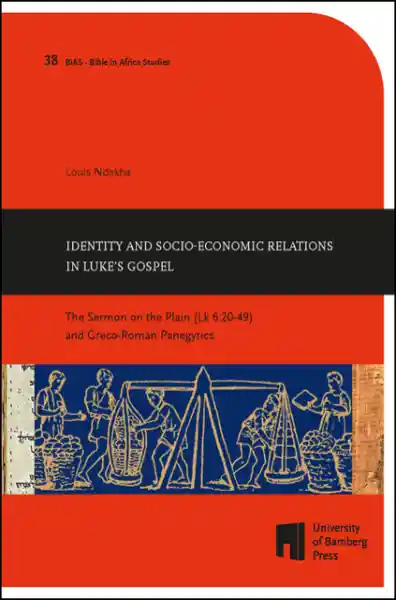
- Publikationen ca: 1
- Fragen & Antworten
Identity and Socio-Economic Relations in Luke’s Gospel
The book's central argument is that the best way to interpret the Sermon on the Plain in Luke 6 is to read it as a Greco-Roman panegyric, whose function was the integration of new members and the inculcation of commonly held values. The Sermon's makarisms and woes and their juxtaposition of poverty and richness, and exhortation are Luke's attempt to construct a new socio-economic identity of Christ-followers by supplanting the values of the dominant culture with a new set of values adopted from the status of destitution for both the rich and the poor.
